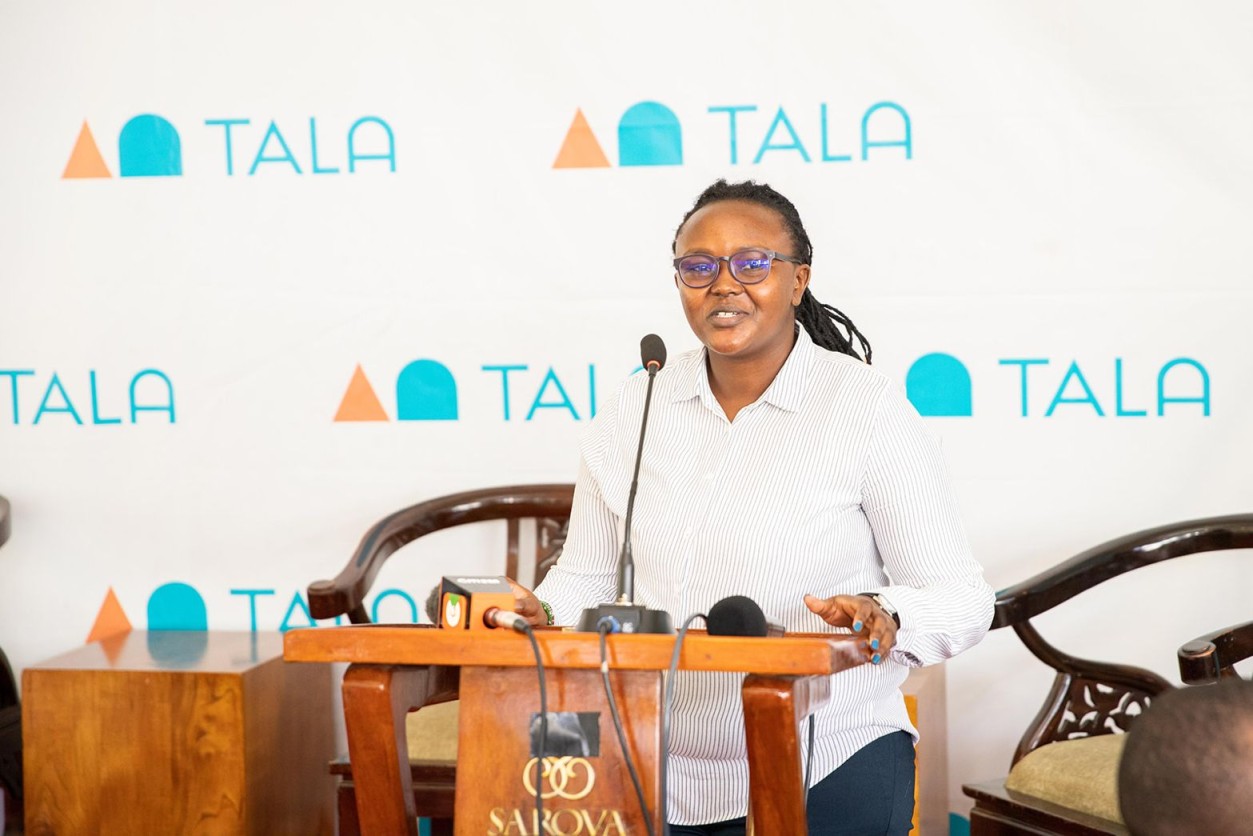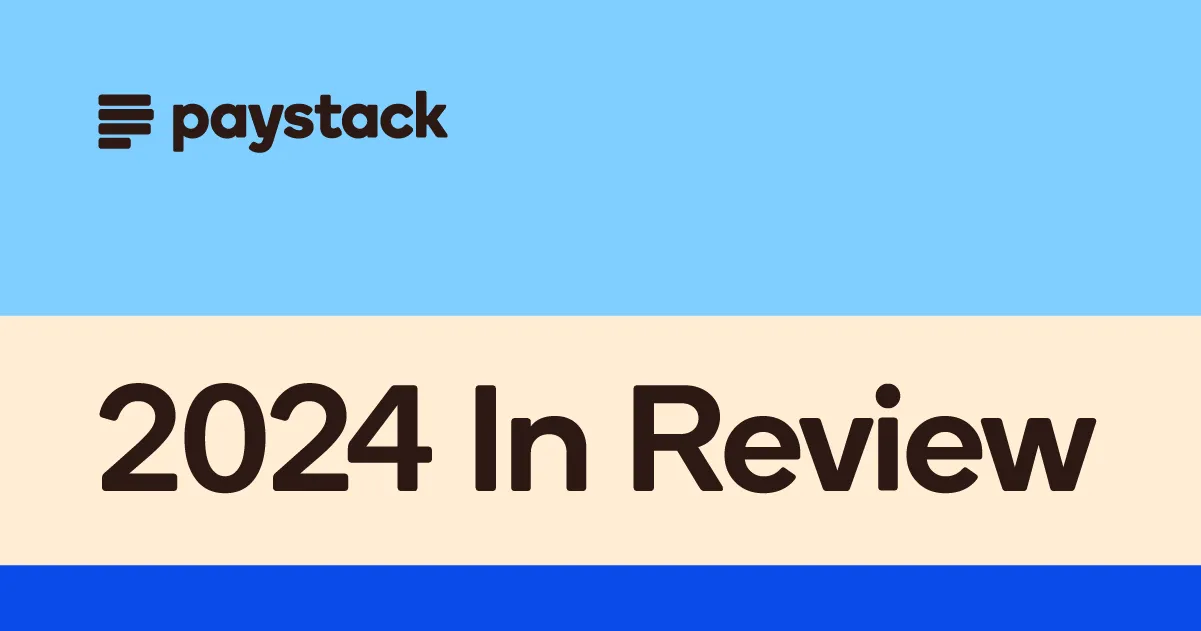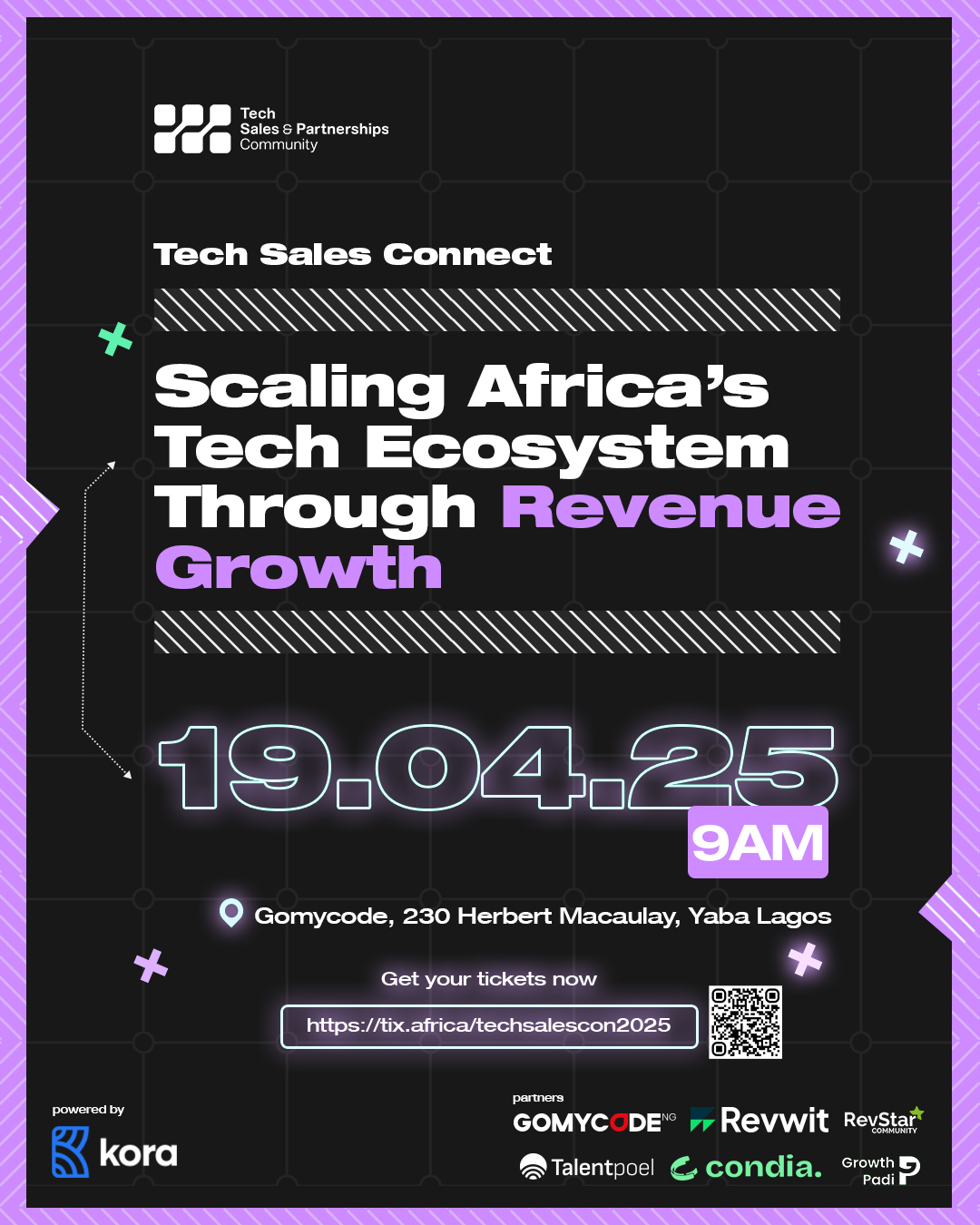- 👨🏿🚀TC Daily
- Posts
- Laid off for doing too well
Laid off for doing too well
Inside: South Africa suspends SASSA cards.


Wazzup! ☀️️️
Here's one lesson: if remontadas were real, we now know they don't bleed white. Don't stack up the odds against you.
Let's dive in.

Startups
Kenya's Tala lays off 28 employees

Imagine losing your job because your company's customers were on their best behaviour?
Well, we mean, isn't that what you're hoping for if you work for a company that is frequently in the loan recovery business? It’s a weird position to be in—rooting for success, only to be let go because things went too well.
That was the fate of 28 Tala employees who were let go this month.
In digital lending, keeping a low loan default rate is how you stay capital-efficient. Repayments replenish the pool to lend again, and that’s the engine for revenue.
At least Tala, the Kenyan micro-lending startup, says it will fulfill all its contract obligations to these ex-staff members post-employment. They will get their final pay and one-month severance payment, plus paid unused leave days.
Still, there's one suspicious thing: Tala didn’t disclose its current loan default rate, even as it touted repayment efficiency, making us curious about its methods in a digital lending space where high loan defaults are a feature. In Kenya, defaults on digital loans hit 40% in December 2024 and banks don't have it easy either.
What is Tala doing right? Kenya's credit scoring system is not very advanced, so Tala sticks with verifying your SMS, bank transactions, and social patterns, before making lending decisions. It asks for these details before it processes loan requests, making it easier for its system to reject even a new user beforehand.
This helps Tala avoid risk compared to most legacy and digital lenders that typically onboard new users with loan offers. However, in cases of prolonged defaults, Tala uses debt collection agents, showing it is not afraid to use force; you can argue ethics later.
In Kenya, a bigger micro-lender, M-Shwari, charges 9% interest rate. Competing microfinance institutions (MFIs) charge over 20%, leaving Tala with a small window of opportunity with its initial low-cost loans which start at 4%.
Its loyalty programmes also help to keep users coming back. In a space with expensive switching costs for customers, it is important to give price-sensitive Kenyans more reasons to stay out with one lender.
Yet, the big question: can Tala sustain the momentum?
Seamless Global Payments With Fincra.

Issue accounts in NGN, KES, EUR, USD & more with one integration. Send & receive funds seamlessly across borders; no more banking hassles or complex conversions. Create an account for free & go global today.
Ride-hailing
Uber says gig drivers must carry no more than two passengers in South Africa

Say what you want about the ride-hailing business, but the companies know the demons they deal with—and they’re at least making attempts to fight them.
Uber South Africa announced on Tuesday that it has introduced passenger limits across its services, including its newly launched Moto service. The updated policy, aimed at improving comfort, space, and safety, cuts down the number of passengers in its smallest vehicles. Uber Go is now capped at two, down from four.
The more popular UberX and Uber Comfort services are similarly restricted, now allowing three passengers instead of four.
The changes aim to make rides smoother and safer, particularly when passengers have luggage. While this shift may enhance the travel experience for some, it could pose a challenge for those used to squeezing into Uber Go or Uber X with larger groups. For families or friends, it may mean additional cars and higher costs for what was once a simple, affordable ride.
The introduction of Moto, which limits rides to a single passenger and disallows luggage, reflects Uber’s attempt to address safety concerns around motorcycle use while also catering to quick, short trips. While some riders might be disappointed by the lack of parcel delivery options, it shows Uber’s focus on reducing risks in the two-wheeled sector.
In all, these changes show how Uber is taking a more cautious approach in South Africa—a market that has been rocked with ride-hailing-related violence in the past. It wants to balance comfort and safety, even if it means gig drivers have to adjust how they plan their trips.
Here’s what happened at Paystack in 2024!

See what Paystack built last year! From major product upgrades to new ways we supported African businesses. Check out our Year in Review →
Economy
South Africa’s suspension of new SASSA cards puts 28 million people at risk

Social grants serve as a vital lifeline for 28 million South Africans.
When payment access is disrupted, it can cause immense hardship—especially for those who depend solely on SASSA to survive.
In March, South Africa’s social grant beneficiaries received a modest increase of 5.9% in their payments, providing some financial relief. This month, however, South Africans have been unable to make withdrawals after plans to modernise the social grant payment system hit a major roadblock.The South African Reserve Bank (SARB) has suspended the rollout of Postbank’s black SASSA payment cards, throwing millions of beneficiaries into uncertainty.
These new cards were meant to replace the aging gold cards, improve security, and streamline transactions. But now, recipients who have not received a black card must either continue using their gold cards or open accounts with commercial banks to access their grants.
While officials insist that gold cards remain valid, the situation raises pressing concerns. Rural beneficiaries often struggle with banking access, and long queues at service points make securing funds a frustrating ordeal.
Fraud and administrative inefficiencies have haunted the grant system for years, making each shift in payment methods a potential crisis. The government has yet to clarify when the suspension will be lifted, leaving beneficiaries anxious about the next step.
Here’s what happened at Paystack in 2024!

Send, receive, and convert fiat or stablecoins like USD, CAD, USDT, USDC, and more in Nigeria with Juicyway—seamlessly and at great rates! Get free multi-currency accounts, enjoy instant transfers, and trade securely in one app. Join now to get started!
Features
Nigeria is banking on AI, cybersecurity to lead Africa’s digital future

On Wednesday, at GITEX Africa in Morocco, Nigeria pitched big on AI and cybersecurity as the twin engines that will power Africa’s digital transformation.
Kashifu Inuwa, Director General of the country’s Information Technology Development Agency (NITDA), said during a panel session that “to drive strategic leadership, you need to be an AI-driven leader… to create co-intelligence whereby you bring people and computers to work together to deliver your strategic vision.”
It’s an ambitious play for a country still grappling with spotty broadband, unreliable infrastructure, and inconsistent digital access. But Nigeria’s tech leaders aren’t letting that stop them.
AI, in particular, is a cornerstone for Bosun Tijani, the country’s minister of communications and digital economy. On Tuesday, April 15, he launched Nigeria’s National AI Strategy—backed by a ₦2.8 billion Google grant and framed as a chance to finally catch up in the global tech race. “We missed the first, second, and third industrial revolutions,” Inuwa said. “But this fourth one, we must lead.”
Nigeria is also pushing hard on cybersecurity. NITDA signed an MoU with France-based SecDojo SAS to build a cybersecurity academy in Nigeria, as the country ranks 13th globally in vulnerability to cyberattacks.
While digital talent as an export is not a new idea—the 3MTT program is proof—NITDA now wants to move beyond short-term training to embed tech skills in the formal education system.
In Marrakesh, Nigeria made its case. Whether it sticks will depend on what happens back home.
Get notified when the Moonshot Deal Book goes live

The Moonshot Book Dealbook is lauching very soon. Packed with a handpicked selection of the most promising startups, this exclusive resource is designed to connect top investors with high-potential opportunities. If you’re interested in being among the first to access the TC Dealbook, sign up on our waitlist today!
CRYPTO TRACKER
The World Wide Web3
Source:

Coin Name | Current Value | Day | Month |
|---|---|---|---|
| $84,012 | + 0.60% | + 1.70% | |
| $1,585 | + 0.34% | - 16.71% | |
| $0.02161 | + 135.85% | + 135.85% | |
| $130.37 | + 4.07% | + 4.89% |
* Data as of 05.45 AM WAT, April 17, 2025.
Events
- AfricArena is inviting founders, investors, and ecosystem builders to its high-energy Lagos Summit on April 30, 2025. Themed around fintech, mobility, and logistics, the summit will feature pitch sessions, networking, and curated discussions with top VCs and startups from across the continent. If you're looking to connect with Africa’s leading tech stakeholders and explore investment and growth opportunities, this is one event you shouldn’t miss. Register here.
- Connect with Tech sales leaders & Revenue experts at TechSalesCon 2025. Learn, network, and access job opportunities. Don't miss out! Grab your tickets here.
- The Annual AVCA Conference returns to Lagos, Nigeria—one of Africa’s most dynamic cities and a key commercial hub. Home to five African unicorns, Nigeria’s youthful, tech-savvy population and vibrant entrepreneurial ecosystem have fuelled remarkable private capital growth, making the country a beacon of innovation on the continent. Lagos isn’t just the venue—it’s a symbol of Africa’s resilience and potential. Join AVCA in this energetic city for a week of thought-provoking panels and high-level networking. Connect with over 700 delegates from more than 50 countries and hear from 130+ expert speakers shaping the future of private capital in Africa. Register here and use this code AVCAIP4G6HS during checkout to claim your complimentary delegate pass.




Written by: Emmanuel Nwosu, Sakhile Dube, and Ganiu Oloruntade
Edited by: Faith Omoniyi
Want more of TechCabal?
Sign up for our insightful newsletters on the business and economy of tech in Africa.
- The Next Wave: futuristic analysis of the business of tech in Africa.
- TC Scoops: breaking news from TechCabal
P:S If you’re often missing TC Daily in your inbox, check your Promotions folder and move any edition of TC Daily from “Promotions” to your “Main” or “Primary” folder and TC Daily will always come to you.

How did you find today's edition of #TCDaily? |


